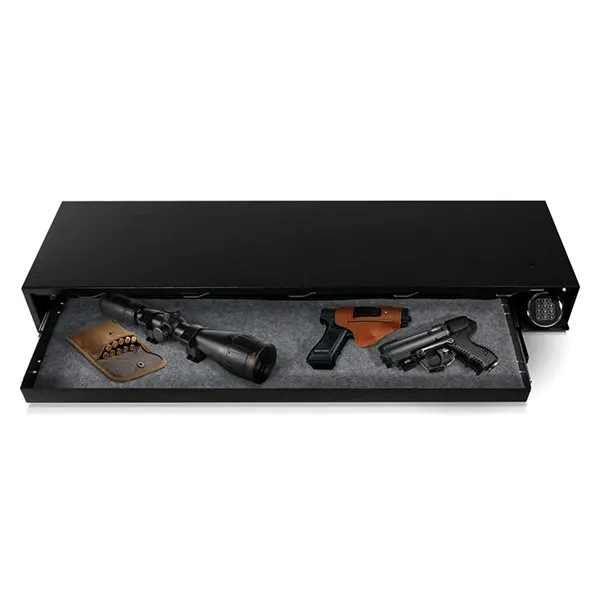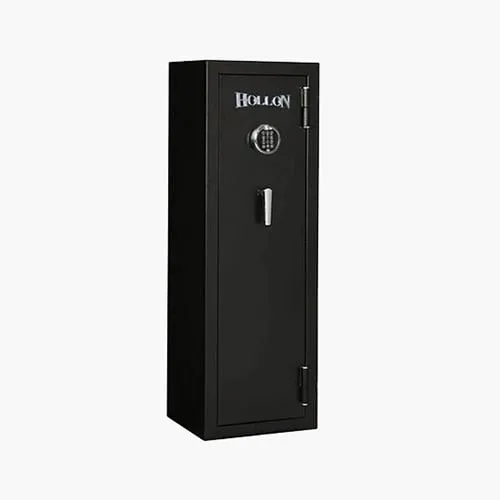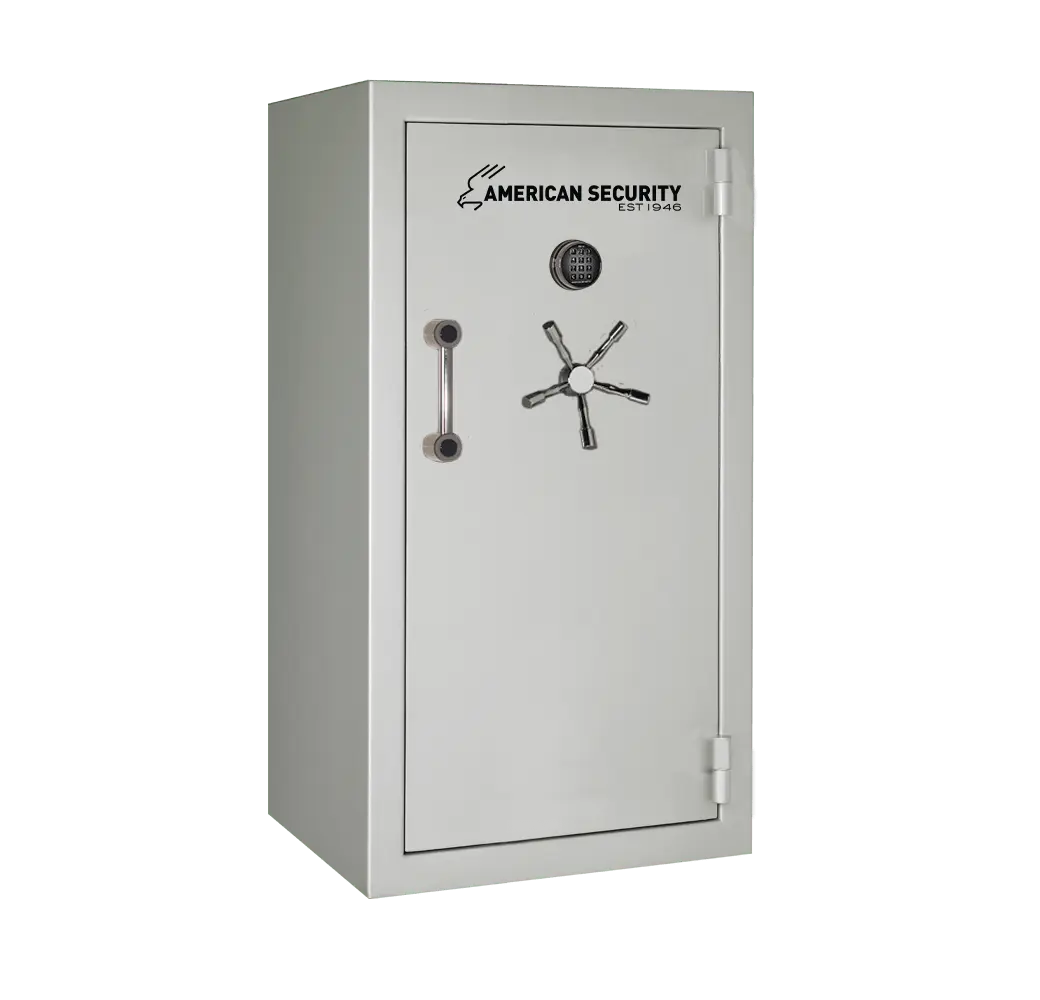Navigating Indiana’s Gun Safe Laws
In this article, we explore Indiana’s gun control laws, covering essential topics such as firearm ownership, permits, background checks, and concealed carry regulations. Stay informed and ensure responsible gun ownership within the Hoosier State.
As a proud Hoosier or someone considering firearm ownership in Indiana, understanding the state’s gun control laws is crucial. Indiana has a long-standing history of valuing the Second Amendment rights of its citizens while also implementing measures to ensure public safety. In this comprehensive guide, we will delve into Indiana’s gun control laws, addressing key aspects such as firearm ownership, permits, background checks, concealed carry regulations, and more.
Firearm Ownership in Indiana
Indiana recognizes and upholds the right of individuals to keep and bear arms, as protected by the U.S. and Indiana Constitutions. Hoosiers aged 18 or older can generally possess firearms, with some exceptions for certain types of firearms, like handguns, which require individuals to be at least 21 years old.
When purchasing a firearm from a licensed dealer in Indiana, a background check is typically required. This process is conducted through the National Instant Criminal Background Check System (NICS) and aims to prevent firearms from falling into the hands of individuals with disqualifying factors, such as felony convictions, domestic violence records, or restraining orders.
It’s essential to undergo this background check to ensure responsible gun ownership and promote public safety.
Indiana operates as a “shall-issue” state, meaning that eligible individuals have the right to obtain a concealed carry permit upon meeting specific requirements. To qualify for a handgun carry license (HCL), applicants must:
- Be at least 18 years old for a long gun (rifle or shotgun) license and 21 years old for a handgun license.
- Be a U.S. citizen or legal resident of the United States.
- Complete a background check, which includes criminal history and mental health record reviews.
- Demonstrate competence with firearms through approved training courses.
- Obtaining an HCL allows Hoosiers to carry concealed firearms, providing an added layer of self-defense when navigating public spaces.
“Stand Your Ground” Law
Indiana implements a “stand your ground” law, which allows individuals to use reasonable force, including deadly force, to protect themselves or others from serious bodily harm or the threat of imminent harm. This principle emphasizes the right to self-defense and reinforces an individual’s ability to protect themselves and their loved ones in critical situations.
Navigating Indiana’s gun control laws requires a clear understanding of firearm ownership, background checks, concealed carry permits, and the concept of “stand your ground.” As responsible citizens, we must stay informed about these regulations to uphold our Second Amendment rights while prioritizing public safety.
Gun safes are vital tools for responsible firearm ownership, ensuring the safety and security of both gun owners and their surroundings. These secure storage solutions offer protection from unauthorized access, theft, and damage, providing peace of mind to gun owners while promoting a safer environment for all. In this guide, we’ll explore the importance of gun safes, key features to consider, and the benefits they bring to individuals and communities alike. Here are some guide for your next gun safe:
- Size matters: Choose a gun safe with enough space for your current and future firearm collection.
- Strong security: Prioritize safes with robust locking mechanisms and thick steel construction.
- Fire protection: Look for safes with fire-resistant materials to safeguard your guns from potential damage.
- Trustworthy brands: Stick to reputable manufacturers with positive customer reviews for reliable gun safes.
- Warranty and price: Compare prices and check for a solid warranty to ensure a worthwhile investment.
While Indiana upholds the right to bear arms, certain locations remain off-limits for concealed carry. These include schools, government buildings, correctional facilities, and private properties where owners have posted prohibitive signage. Being aware of these restricted areas is crucial to avoid unintentional violations of the law.
Remember, consulting legal experts or law enforcement officials can provide additional clarity on specific gun-related concerns. By remaining informed and responsible, we can collectively contribute to a safe and secure environment within the Hoosier State while enjoying the rights afforded to us by the Constitution.
Learn more about Indiana’s Gun Laws.






